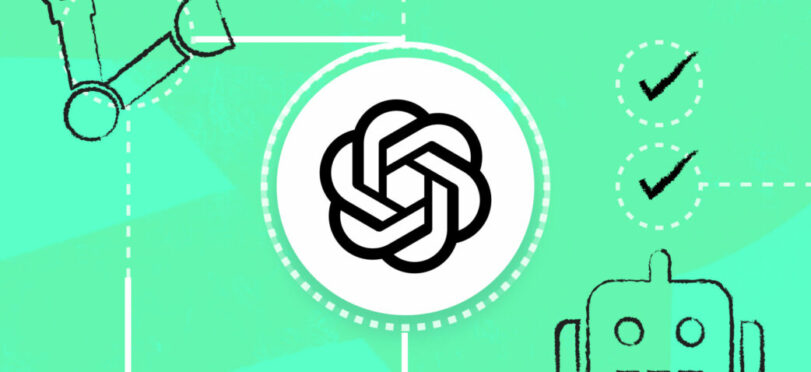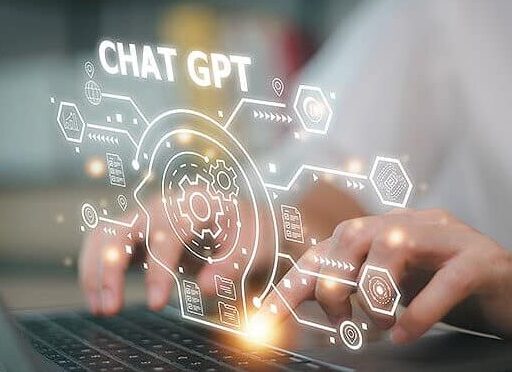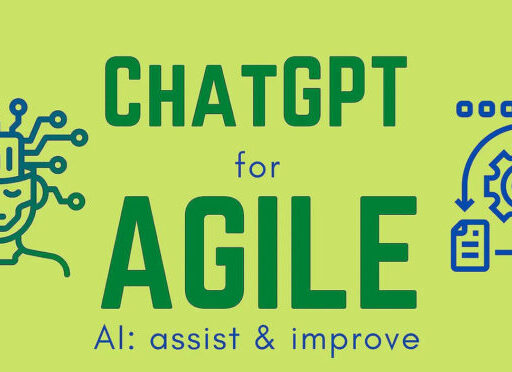Introduction:
Agile project management has revolutionized the way teams collaborate and deliver software projects. While traditional methods focused on rigid processes and extensive documentation, Agile embraces flexibility, adaptability, and constant communication. In today\’s digital era, technology plays a crucial role in optimizing project management processes. One such technology is ChatGPT, a powerful conversational AI model that can enhance the effectiveness of Agile project management. In this article, we will explore how ChatGPT can be effectively utilized in Agile project management, enabling teams to streamline communication, improve collaboration, and boost productivity.
- Real-time Communication and Collaboration: Agile methodologies emphasize the importance of regular communication and collaboration among team members. ChatGPT can serve as a virtual assistant, providing real-time communication channels for team members. With ChatGPT, team members can quickly exchange messages, share updates, ask questions, and seek clarifications, all within a conversational interface. This enables faster decision-making, enhances transparency, and eliminates communication gaps that often arise in distributed Agile teams.
- Agile Planning and Backlog Management: Effective planning and backlog management are key aspects of Agile project management. ChatGPT can assist in creating and maintaining the project backlog. It can generate user stories, acceptance criteria, and tasks based on input from team members. ChatGPT can also help prioritize backlog items by analyzing their importance, urgency, and dependencies. This empowers Agile teams to efficiently manage their backlog, ensuring that high-priority items are addressed first and minimizing bottlenecks.
- Sprint Retrospectives and Continuous Improvement: Sprint retrospectives are essential for Agile teams to reflect on their performance, identify areas of improvement, and make necessary adjustments. ChatGPT can facilitate retrospective meetings by providing a platform for team members to share their feedback, insights, and suggestions. It can generate reports summarizing the retrospective discussions, highlighting key takeaways, and suggesting action items for continuous improvement. ChatGPT\’s ability to analyze and process large amounts of data can provide valuable insights into team dynamics, project risks, and performance trends.
- Knowledge Sharing and Onboarding: In Agile project management, knowledge sharing and onboarding are crucial for maintaining team productivity and continuity. ChatGPT can act as a knowledge repository, storing and retrieving project-related information, documentation, and best practices. It can assist new team members by providing them with relevant resources, answering their questions, and guiding them through the project\’s processes and conventions. This ensures a smooth onboarding experience and minimizes the learning curve for new team members.
Conclusion:
ChatGPT offers tremendous potential for enhancing Agile project management by enabling real-time communication, improving collaboration, facilitating backlog management, supporting sprint retrospectives, and promoting knowledge sharing. Incorporating ChatGPT into Agile practices can lead to more effective project delivery, increased team productivity, and enhanced customer satisfaction. However, it\’s important to note that ChatGPT should be used as a complement to human interaction and decision-making, rather than a replacement. By harnessing the power of conversational AI, Agile teams can unlock new levels of efficiency and effectiveness in their project management processes.
We hope this article provides valuable insights into the effective use of ChatGPT for Agile project management. By leveraging the capabilities of ChatGPT, teams can adapt to the dynamic nature of Agile methodologies and drive successful project outcomes.







